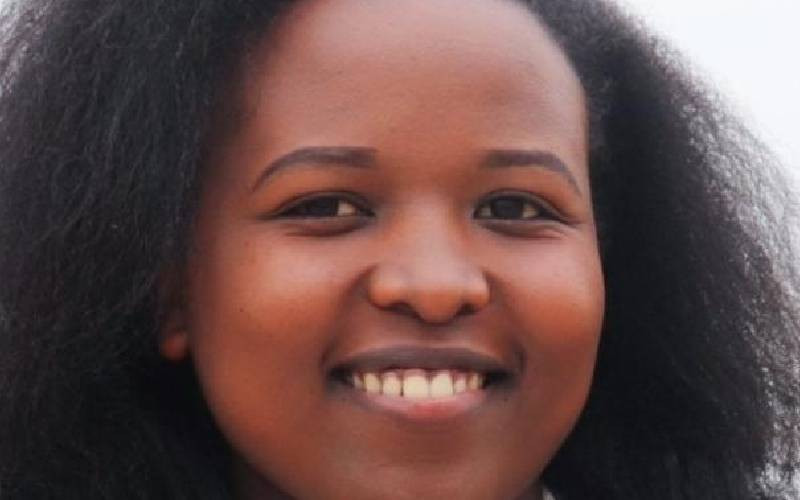×
The Standard e-Paper
Home To Bold Columnists

Kenya recently hosted the 3rd Annual Symposium on Greening Judiciaries in Africa, a forum to deliberate on the role of African Judiciaries in promoting climate justice.
A key theme emerging from the symposium is that there is limited environmental and climate litigation in African courts.